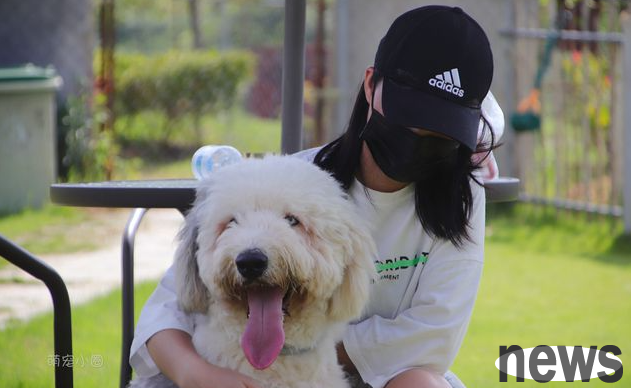Obesity in dogs is something worthy of attention. 34% of dogs in the world are overweight, but only about 30% of them pay attention to this phenomenon. Obesity in dogs can cause many problems, including muscle tissue diseases, bone problems, poor exercise tolerance, cardiovascular problems, etc., and it can also damage the immune system.

1. There are the following reasons for obesity:
1. Dog breed characteristics
Some breeds of dogs are naturally prone to gain weight. For example, pugs, bullfighting, sausage, jingba, labrador, golden retriever, hiloti, etc., if you do not pay attention to controlling your diet and increasing exercise, it is almost inevitable to get fat.
2. Feeding method
Obesity in dogs is the same as fat people, and it is definitely related to eating habits. Especially when raising dogs, it is like worrying that the grandson will not eat well. They will always try different ways to make delicious food for the dog. Only when they watch it eat all the rice is at ease. In fact, this is wrong. Although dogs always look like children, dogs who have passed the growth and development period after one year of age (large dogs are slightly later), and the demand for food and nutrition has shown a steady or downward trend. If you just let your dog eat more, the unconsuming nutrients will inevitably cause the dog to be obese.
3. There is not enough exercise time
There are always some parents who feed their dogs a lot of food or give them the remaining food on the dining table to their dogs, and often change the half-hour walk every day to five minutes of walking in the backyard.
4. Many people believe that dogs are obese because of the removal or castration of dogs’ ovaries. Is this true?
Of course not! The amount of calories required by dogs is indeed related to physiological changes, but this does not mean that such changes will make the dog obese; for example, parents give the dog a sterilized dog, and if the pot is used to supplement the weight, they cannot be sterilized.
When the dog is old or has undergone surgery, the owner needs to pay more attention to the dog's weight, appropriately reduce calorie intake, and necessary to increase exercise.

2. How to lose weight for dogs?
1. First, we must determine whether the dog has obese diseases. If so, ask your doctor to develop a daily calorie intake plan to ensure that the weight you plan to lose does not exceed 1%-2% of your body weight per week.
2. Strictly control the amount of food, which is determined based on the dog's metabolic rate; for commercial pet food, owners should also fully understand the calories contained in the product and determine the reasonable amount of food for pets.
3. Step open your legs and start moving. Exercise can not only promote metabolism and burn fat; pets who do not exercise are prone to burnout, just like humans sometimes feel tired after going to work for a day, but this is precisely a manifestation of lack of exercise in the body.
4. Feed on time. Feed your dog regularly for two or more meals every day. If the dog does not eat up all the food for a period of time, it should be put away immediately and do not provide food without restrictions.
Slim dogs will live longer, and overweight dogs will cause countless health problems. Our dogs cannot go to the gym or choose better food for themselves, and it is all up to us humans and you are obliged to make healthy choices for them.